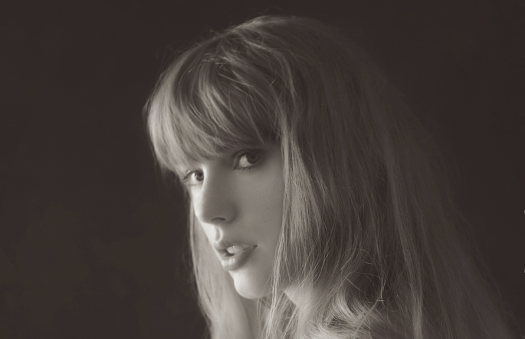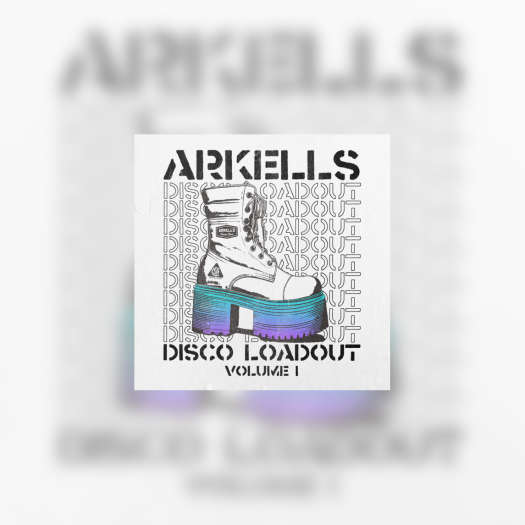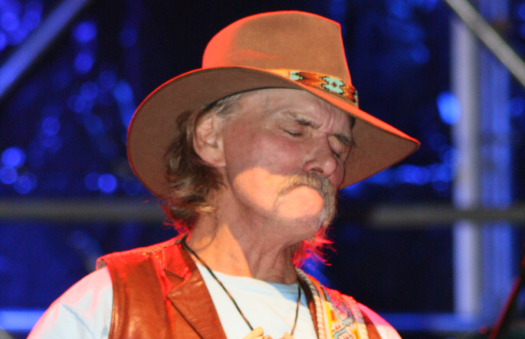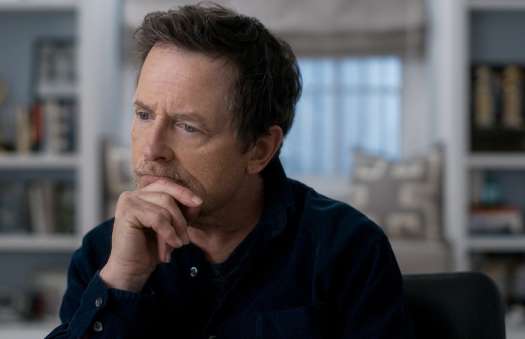In Vancouver in 2007, a thriving new scene of pop rock was just starting to take shape. Mother Mother released their future-classic debut Touch Up, while Dan Mangan signed to File Under: Music for the label release of his 2005 debut, Postcards & Daydreaming. Hey Ocean! had released their debut album the year before, as had Lotus Child (who would, a couple years later, morph into the Zolas), while Hannah Georgas was a couple years out from releasing her debut EP. It was a tight-knit community that, by the next year, found a champion in the newly minted 100.5 The Peak radio station, with playlists that seamlessly blended mainstream alt rock and radio-friendly local indie.
At the heart of this scene were Said the Whale. Initially a duo formed by high school friends Tyler Bancroft and Ben Worcester, they released an album of acoustic home demos under the name WordsOverMusic before rechristening themselves Said the Whale for another collection of home demos, 2006's Let's Have Sound. By 2007, the two prolific singer-songwriters had gathered enough momentum to assemble a makeshift backing band and head into the studio with local producer Tom Dobranski (the keyboardist of Lotus Child, later of the Zolas).
They emerged with Taking Abalonia on May 15, 2007 — an eight-song collection that's long for an EP but a little too short to be a proper album. It displays some of the quirks of the duo's home recordings: "Better for You" is a curious patchwork of canned cello samples that coalesce into acoustic pop serenade, while "Fish and Stars II" is a rollicking bubblegum ditty that plays out in just 60 seconds (and that's including the false start on drums). But mostly, Taking Abalonia lays the foundation for the breezy sound the band have continued to explore throughout their career: Worcester brings his rich, earthy voice to "The Banks of the English Bay," setting the precedent for Said the Whale's many subsequent songs about Vancouver, while Bancroft dabbles in Shins-esque indie rock on "Live Off Lamb" and howling emo on "Plans for the Future."
In 2008, this EP was repackaged as part of the official debut full-length Howe Sounds / Taking Abalonia. Most importantly, it helped to shift Vancouver's indie rock scene into a higher gear — and soon, the rest of Canada began to take notice.
To celebrate 15 years of Taking Abalonia, Exclaim! caught up with Tyler Bancroft to discuss recruiting a random bassist from Long & McQuade, the bliss of complete ignorance, and that "magical time full of camaraderie and collaboration and partying" in the Vancouver scene.
When recording Taking Abalonia, Said the Whale's lineup was just you and Ben without a backing band. How did you go about putting together these full-band arrangements for the album?
We initially thought we'd only need to hire a drummer, so Tom Dobrzanski called up Cary Pratt [a.k.a. Prairie Cat], who nailed the whole EP in one day. For some reason, Ben and I thought we could handle bass duties ourselves, but it became immediately apparent that we were both horrible bass players. So, during a routine trip to Long & McQuade, we wandered into the bass department and struck up a conversation with a guy named Aidan Rantoul who agreed to come to the studio after his shift and track bass on every song for $50 and a case of beer. All the piano and keyboards were played by Tom, who set the bar extremely high for us in terms of finding a full-time player. Looking back on it, Tom's playing was actually an incredibly formative part of our overall sound as a band and shaped the way we wrote and recorded music well into the future.
Before this, you made albums of home recordings. What was it like transitioning to the studio?
Our transition from home recording to studio recording was very easy. We'd both spent a little bit of time in "real" studios before, but in general it was a feeling of glee, "we're really doing this!" type energy. We were easy to please, we didn't know what anything was "supposed" to sound like, and we had no expectations. I'm sure Tom was secretly smirking at our blissful ignorance the entire time.
Listening back now to Taking Abalonia, what stands out?
For me, it's the simplicity. There isn't much more to these recordings than just the songs themselves, which is probably just a product of our inexperience at the time and not really knowing what was possible in the studio — in terms of how experimental you can get with sounds and recording techniques. I think it's what gives this record its charm. It's such an obvious "debut record" when you listen to it next to everything else we've released. You can hear the inexperience on this album — and I mean that in a good way. The inexperienced-debut-record from any band is something that can never be replicated, and, as a music fan, I love revisiting these albums from my favourite bands. I hope fans of ours can experience this record with a similar fondness.
This was your first official Said the Whale release. Is there anything you wish you had done differently, or is there anything about it you wish you had carried forward to subsequent releases?
Honestly, no! I love how this release rolled out, and I love where it sits in our history as a band. I wouldn't change a thing. In terms of things to carry forward, I think what made us the happiest during this record cycle was the complete absence of expectations. And that's a life lesson, too. The less you expect — from your career, from your friends, from your loved ones, from anyone at all — the happier you will be.
Around 2007, a lot of now-notable Vancouver bands were just starting out, like Hey Ocean!, Mother Mother, the Zolas, Hannah Georgas and Dan Mangan. What do you remember about the Vancouver scene in those days?
This was a magical time full of camaraderie and collaboration and partying and jam-space-sharing and friendship between a bunch of clueless-yet-ambitious artists who all had common goals and always did their best to lift each other up. It's impossible for me to tell if this was a truly special time in the Vancouver music scene or if it just feels that way to me — like, "These artists are all in my grad class, and therefore no other grad class exists." When I look around Vancouver right now, I see a lot of up-and-comers acting the same way, so I'm actually very optimistic that there will always be a new exciting class of artists who look out for one [another] and work to create a scene in this city, despite the obvious difficulties facing everyone. And, as the "old guys" here, I think there is a certain responsibility for us to do our best to lend a hand to those younger acts, which is something I'm thinking about all the time.
What's next for Said the Whale?
We have some summer festivals lined up, maybe some fall touring, and then I honestly don't know! Eventually some more writing, recording?! We make music, we perform it live, we are grateful to those who listen and engage. Rinse and repeat.
"A Magical Time" for Vancouver Indie Rock: Said the Whale's Debut 'Taking Abalonia' Turns 15
Tyler Bancroft remembers recruiting a random bassist from Long & McQuade, and "camaraderie and collaboration and partying"
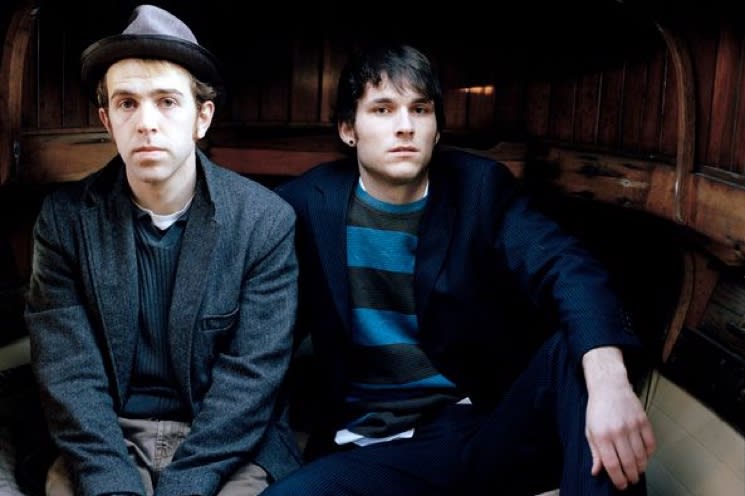
Photo: Vanessa Heins
BY Alex HudsonPublished May 12, 2022
